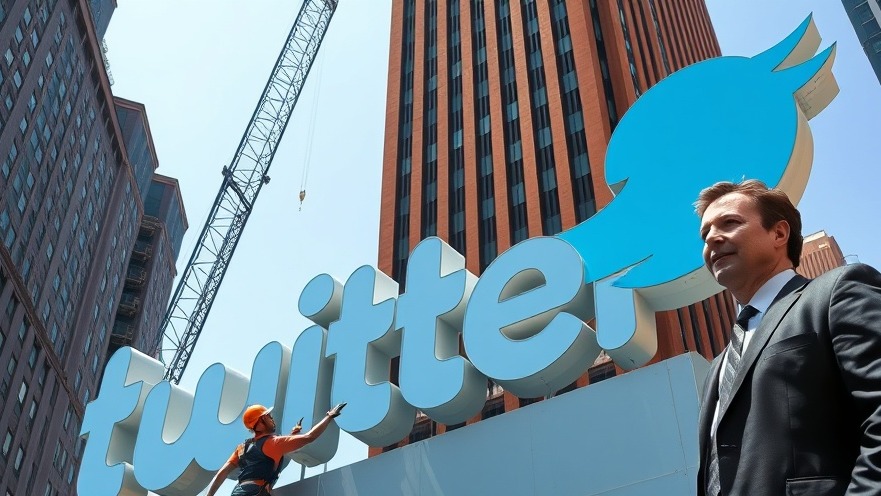
Elon Musk’s SEC Lawsuit: Why Convenience Doesn't Justify Relocation
In a significant ruling, a federal judge has denied Elon Musk's request to relocate his Securities and Exchange Commission (SEC) lawsuit from Washington D.C. to Texas. This decision came after Musk argued he was 'incredibly busy' managing his various ventures, including Tesla and SpaceX. U.S. District Judge Sparkle Sooknanan emphasized that while she takes Musk's convenience seriously, his considerable wealth and extensive time spent outside Texas negate his claims of undue burden.
Musk’s Busy Schedule: An Extreme Case?
Musk asserted that his demanding schedule—working over 80 hours a week and often spending nights in the office—warranted a move to Texas. However, Judge Sooknanan pointed out that Musk's own filings indicate he spends a significant amount of time in D.C., particularly when he was running the Department of Government Efficiency earlier this year. This contradiction raises the question: is Musk's busy lifestyle a legitimate reason for legal preferences, or is it part of a broader narrative he wishes to project?
The Burden of Litigating in a Changing Landscape
Musk's legal team claimed that litigating in Washington posed substantial burdens due to his intensive work commitments. However, the judge noted that Texas courts are facing higher case loads, which could delay proceedings more than in D.C. This illuminates the complexities surrounding judicial efficiency; while Texas may seem like a more convenient location for Musk, it might not be the most effective given the present judicial climate there.
The SEC's Case Against Musk: What’s at Stake?
The SEC lawsuit stems from Musk's failure to disclose his initial 5% stake in Twitter (now X) in a timely manner, enabling him to benefit from purchasing shares at lower prices. The SEC seeks a civil fine and the return of an estimated $150 million that Musk allegedly gained at investors’ expense. This case emphasizes the ongoing conflicts between entrepreneurship and regulatory compliance, raising larger questions about corporate accountability and investor protections.
Musk’s Wealth and Responsibility in Public Eye
With Musk's fortune surpassing $500 billion, the scrutiny over his actions intensifies. This case is emblematic of ongoing tensions in U.S. politics as lawmakers contend with issues of wealth concentration and corporate governance. Musk’s unique status challenges the traditional boundaries of accountability—is he above the regulatory frameworks meant to protect ordinary investors?
Implications for Local Businesses in Kansas City
For entrepreneurs and small business owners in Kansas City, the Musk SEC case brings an important lesson on transparency and regulatory compliance. As businesses continue adjusting to post-pandemic realities, understanding the nuances of legal obligations can safeguard their interests and foster healthier relationships with investors. This knowledge translates beyond high-profile figures; local businesses must also prepare for scrutiny and ensure adherence to legal frameworks that govern their operations.
With the ongoing investigation and legal battles surrounding figures like Musk, it becomes increasingly vital for entrepreneurs to engage with their community and legislature, advocating for fair policies that protect stakeholders across the board.
Moving Forward: What Should Local Entrepreneurs Consider?
The ruling serves as a vital reminder for entrepreneurs in Kansas City to prioritize diligence and transparency. Business success is often built not only on innovation but also on integrity. The emergence of avoidable legal issues underscores the importance of maintaining ethical business practices and establishing clear communication with investors.
Have a story to share or want to contact us for more details? Drop us an email at team@kansascitythrive.com.
 Add Row
Add Row  Add
Add 




Write A Comment